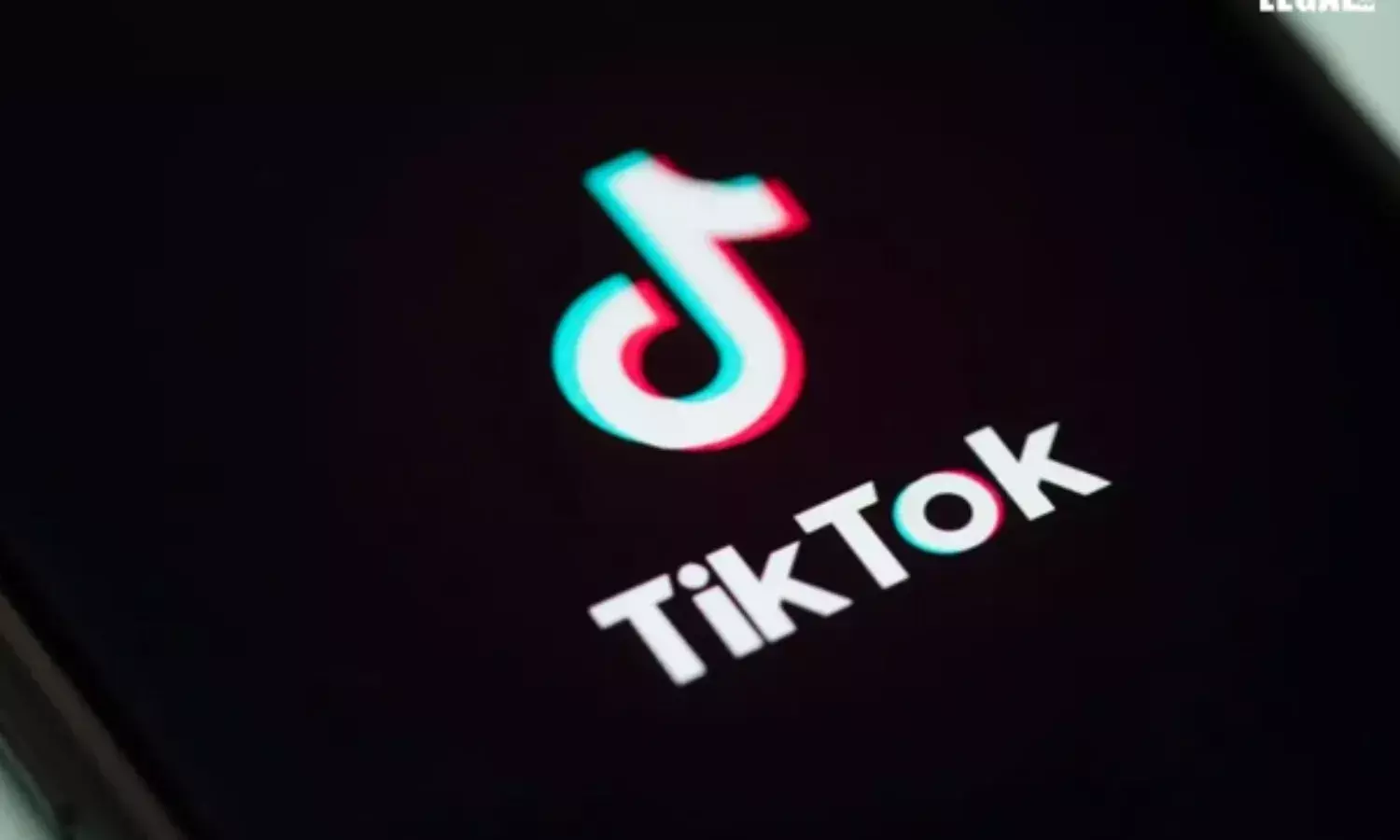US Supreme Court To Consider TikTok’s Bid To Pause Law Banning App
About 170 million Americans use the short-video platform;

US Supreme Court To Consider TikTok’s Bid To Pause Law Banning App
About 170 million Americans use the short-video platform
The US Supreme Court will hear TikTok and its China-based parent company ByteDance’s plea to block a law forcing the sale of the app by 19 January or face a ban on national security grounds.
Instead of acting on an emergency request by TikTok, ByteDance and some users who post content on the social media platform for an injunction to halt the looming ban, the judges preferred to hear the arguments on 10 January.
While Congress passed the measure in April, the challengers are appealing a lower court's ruling that upheld the law.
The Department of Justice had stated that as a Chinese company, TikTok posed "a national security threat of immense depth and scale." That was because of its access to vast data on American users, from locations to messages, and its ability to secretly manipulate the content of the citizens.
However, TikTok argued it posed no imminent threat to US security.
Recently, TikTok and ByteDance appealed before the top court to pause the law, stating it violated free speech protections under the US Constitution's First Amendment.
The companies pleaded that shuttering for even a month would cause TikTok to lose a third of its American users and undermine its ability to attract advertisers and recruit content creators and employee talent.
Early this month, the US Court of Appeals for the District of Columbia Circuit rejected the companies’ First Amendment arguments.
In their plea before the Supreme Court, TikTok and ByteDance said, "If Americans, duly informed of the alleged risks of 'covert' content manipulation, choose to continue viewing content on TikTok with their eyes wide open, the First Amendment entrusts them with making that choice, free from the government's censorship."
The ban would make TikTok less valuable to ByteDance and its investors, and hurt businesses that depend on it to drive their sales.
President-elect Donald Trump, who unsuccessfully tried to ban TikTok during his first term in 2020, reversed his stance this year during the presidential race. He promised trying to save TikTok.
He declared having "a warm spot in my heart for TikTok" and that he would "take a look" at the matter.
Trump will assume office on 20 January, the day after the TikTok deadline.
The District Court had ruled, "The First Amendment exists to protect free speech in the US. The government acted solely to protect that freedom from a foreign adversary nation and limit its ability to gather citizen’s data.”
Meanwhile, TikTok has denied it has or would ever share user data. It accused American lawmakers of advancing speculative concerns, characterizing the ban as a "radical departure from the country's tradition of championing an open Internet."
Trade tensions have been brewing between the world's two biggest economies after President Joe Biden's administration placed new restrictions on the Chinese chip industry. China responded with a ban on exports of gallium, germanium and antimony to the US.
The US laws would bar providing certain services to TikTok and other foreign adversary-controlled apps including offering it through app stores such as Apple and Alphabet's Google, preventing its continued use unless ByteDance divests TikTok by the deadline.
However, an unimpeded ban could open the door to a future crackdown on other foreign-owned apps.
In 2020, Trump tried to ban WeChat, owned by Chinese company Tencent, but the courts blocked it.

